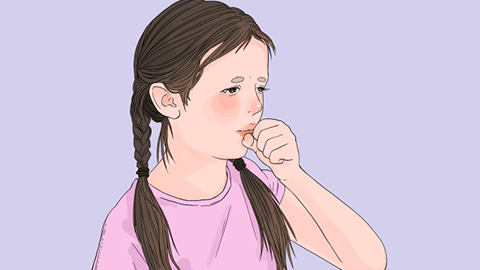What are the differences between cough caused by mycoplasma infection and ordinary cough?
Generally speaking, the main differences between cough caused by mycoplasma infection and common cough include the causative agents, cough symptoms, treatment methods, infectivity, and duration of illness. If experiencing any discomfort, it is recommended to seek medical attention promptly. Detailed analysis is as follows:

1. Different Pathogens
Mycoplasma infection is caused by pathogenic microorganisms that lie between bacteria and viruses. In contrast, common cough may be associated with bacterial or viral infections, or simply caused by exposure to cold or heat.
2. Different Cough Symptoms
Cough caused by mycoplasma infection may manifest as paroxysmal dry cough, accompanied by symptoms such as throat itching, fever, and blood-tinged sputum. Common cough, on the other hand, may involve frequent coughing with thin and minimal sputum production.
3. Different Treatment Methods
Cough caused by mycoplasma infection requires treatment with macrolide antibiotics under medical guidance, such as Roxithromycin tablets, Clarithromycin capsules, and Azithromycin tablets. Common cough generally does not require blind use of antibiotics; instead, antitussive medications like Cold Remedy Cough Syrup, Compound Licorice Tablets, and Keteling Tablets can be used as directed by a physician.
4. Different Infectiousness
Cough caused by mycoplasma infection is contagious and primarily spreads via respiratory droplets. Common cough typically lacks infectivity and has no specific transmission route.
5. Different Duration of Illness
Cough caused by mycoplasma infection tends to last longer, typically 1-2 weeks, and is prone to recurrence. Common cough usually lasts a shorter duration, approximately 3-7 days, and is less likely to recur.
It is recommended to undergo relevant medical examinations promptly under a doctor's guidance to determine the type and cause of cough and receive targeted treatment to avoid delaying recovery. Additionally,保暖 (keeping warm) is advised during treatment to prevent exposure to cold.









